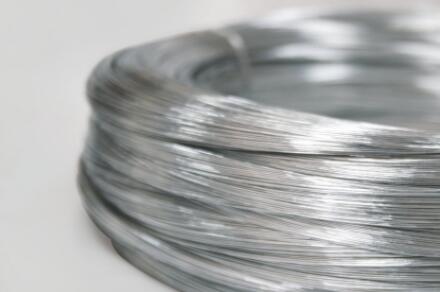Understanding Stainless Steel Coil Nails Benefits, Applications, and Selection Guide
Stainless steel coil nails are an essential fastener option frequently used in various construction and woodworking projects. With their unique properties, these nails are designed to withstand harsh conditions and offer a reliable fastening solution. This article delves into the characteristics, benefits, applications, and selection tips for stainless steel coil nails.
What are Stainless Steel Coil Nails?
Stainless steel coil nails are continuous strips of nails wound in coils. This design allows for efficient loading and unloading, making them compatible with specialized nail guns, predominantly used in high-volume applications. These nails are commonly manufactured from various grades of stainless steel, offering differing levels of corrosion resistance and strength.
Benefits of Stainless Steel Coil Nails
1. Corrosion Resistance The primary advantage of stainless steel coil nails is their excellent resistance to rust and corrosion, making them ideal for outdoor applications or areas with high humidity. Unlike regular steel nails, which may succumb to rust when exposed to moisture, stainless steel nails maintain their performance integrity over time.
2. Strength and Durability Stainless steel is known for its superior strength compared to other materials. This inherent strength translates to enhanced holding power and the ability to withstand heavy loads. Furthermore, these nails retain their mechanical properties even at elevated temperatures.
3. Versatility Stainless steel coil nails can be used in a wide range of applications, from framing and roofing to siding and flooring. Their compatibility with coil nailers allows for quicker and more efficient installation, significantly speeding up the construction process.
4. Aesthetics For projects where visual appeal is crucial, stainless steel nails offer a polished finish that complements a variety of materials. They are less likely to stain or mar the surfaces they are driven into, making them an excellent choice for decorative woodworking.
5. Environmental Responsibility Stainless steel is a recyclable material, making stainless steel coil nails a more environmentally friendly option compared to other fasteners. Choosing stainless steel products can contribute to sustainable construction practices.
Applications of Stainless Steel Coil Nails
The applications of stainless steel coil nails are extensive and varied
. Some of the most common uses include- Decking Stainless steel coil nails are ideal for fastening decking boards, providing a secure hold while resisting the effects of moisture. - Roofing The durability and corrosion resistance of these nails make them suitable for roofing applications, ensuring that shingles or tiles remain securely in place.
stainless coil nails

- Siding Stainless steel coil nails are often employed in siding installation, providing a long-lasting hold that stands up to the elements.
- Fencing In constructing fences, stainless steel coil nails are preferred for their ability to resist rust and deterioration caused by outdoor exposure.
- Industrial Applications Many manufacturers in wooden crates, pallets, and furniture production utilize stainless steel coil nails to streamline production and enhance durability.
Selecting the Right Stainless Steel Coil Nails
When selecting stainless steel coil nails for a specific application, several factors should be considered to ensure optimal performance
1. Grade of Stainless Steel Different grades, such as 304 and 316, offer varying levels of corrosion resistance. Grade 316 is often used in marine applications due to its superior resistance to saltwater corrosion.
2. Length and Diameter The nail length and diameter should be chosen based on the materials being fastened and the required holding power. A general rule of thumb is to select a nail length that is 1.5 to 2.5 times the thickness of the material.
3. Coil Compatibility Ensure that the coil nails selected are compatible with the specific coil nailer being used. Different nailers may require different types of coils.
4. Head Type The type of nail head can influence the holding power. For example, a larger head provides a broader surface area and enhanced holding capacity.
5. Finish Some stainless steel nails come with a polished finish, while others might have a galvanized coating. Consider the aesthetic requirements and the environment in which the nails will be used.
Conclusion
In conclusion, stainless steel coil nails offer numerous benefits, making them a valuable choice for various construction and woodworking projects. Their resistance to corrosion, strength, and versatility make them a preferred fastener for both professional contractors and DIY enthusiasts. By understanding their applications and selecting the right type for your project, you can ensure optimal results and longevity in your construction endeavors.

















